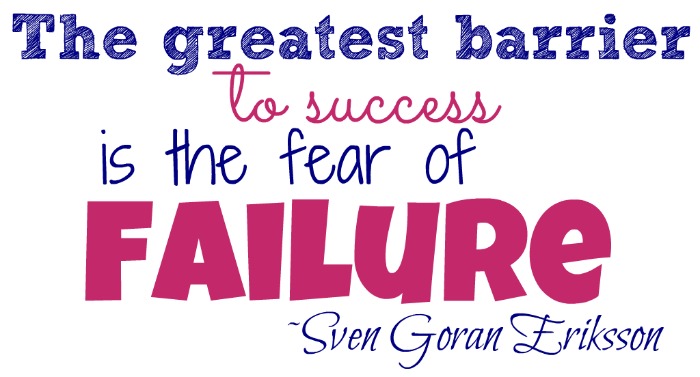
Career interests are your preferences regarding work activities and environments. Identifying your career interests helps you make a well-informed and more strategic career decision. Following your career interests means you're pursuing a career that uses your talents and aligns with your values and preferences. Simply put, you're finding out what you enjoy doing regularly.
Why are career interests important?
Career interests are important because they reflect your preferences in a work environment. Aligning your career with your interests presents several benefits, including the following:
Job satisfaction: When you align your career with your interests, you essentially increase your job satisfaction. In other words, you'll find more enjoyment in coming to work each day and feel happier about doing your work-related duties.
Strategic career decision: Aligning your career with your interests also means you won't feel like you've wasted your time following the wrong career path. When you take your interests into consideration, you'll have likely made a wise choice regarding your profession.
Career success: Aligning your career with your interests also increases your chances of achieving success in your career. Knowing you're doing something you not only enjoy but that you're actually good at can help you stay motivated and increase your productivity in the workplace.
Motivation: When you feel like you're doing a job you're good at, you may put more effort into developing your skills. In addition, you'll find more motivation to achieve your career goals.
Personal identity: On a personal level, knowing your career interests can help you become more self-aware and may help you determine your values, strengths, and where the motivation lies. Knowing this information can help you act on it more often in your chosen profession.
How to tell what your career interests are
Before pursuing a career, it's important to think through your decision thoroughly. While you may feel inclined to take a career assessment test, keep in mind that these tests help identify careers you may do well in?not necessarily careers you'll enjoy. Knowing how to determine your career interests on your own ensures you find a job that meets all of your criteria. Use these steps to identify your career interests:
Identify your interests
Knowing what you enjoy doing gives you a good basis to start from when searching for your ideal career. To determine your career interests, start by identifying your general interests. Think of your hobbies and what you enjoy doing in your free time. For example, maybe you enjoy writing or watching the news. These interests may lead to a career as a journalist.
You can also think back to your favorite classes, your favorite internships and what projects you found the most fulfilling. If you're not sure what you're interested in, consider taking an interest aptitude test online.
Explore your skill set
Consider what you're good at. When you choose a career with tasks you can do with ease, it can help you feel more accomplished in the workplace. Therefore, it's important to seek positions that use your special talents. For example, maybe you have strong communication skills which would lend well to a customer service role, or maybe you have good woodworking skills which would be useful for a carpentry position.
Consider your previous experiences
Think of the work experiences you've had in the past. More specifically, think of what you enjoyed and what you didn't enjoy about certain jobs. Knowing this information can help you filter out careers you're no longer interested in and help you identify ones you may enjoy doing again.
Make a list of your options
Once you know your interests and what you're good at, make a list of potential careers that overlap. For example, if you love aquatic animals and you're good at science, you can add marine biologist or aquarium employee to your list of career options. Having a list to work off of lets you see your options and can help you narrow down your choices when it's time to decide.
Give yourself many options so you have plenty of career paths to choose from. In addition, look for overlap between what you're good at, what companies need and want, and what you like to do. Doing this ensures you find the right career path for you.
Research careers
Once you've gathered a list of careers you may want to pursue, narrow down your choices and research each position. Consider common job requirements, responsibilities, and work environments. Understand what each job involves and the overall nature of the job to help you make your decision.
Determine your career interests
Once you have a greater understanding of each career on your list, narrow down your choices. It's possible that you may have more than one career interest. Having a shortlist not only helps you find your most optimal career, but it also allows for an efficient job search.
Types of career interests
Since many people have different preferences regarding their work duties and work environments, career interests can take many shapes and forms. Understanding the various types of career interests may help you identify your own career interests even further. Here are the various types and areas of career interests:
Conventional: This type of career interest deals with organization and structure. People with conventional career interests enjoy stability, routine, and attention to detail in all of their work matters. Careers in this category include accountants, office clerks, and legal secretaries.
Investigative: Investigative career interests involve problem-solving complex issues and abstract ideas. Careers in science and math often fall into this category. People who have investigative career interests are often rational, curious, and intelligent.
Social: People with social career interests find themselves in professions that help other people such as teaching and nursing. They enjoy communicating and working alongside others.
Artistic: This type of career interest involves a great deal of creativity and a lack of rules, regulations, and structure. People with this career interest are often idealistic and follow an unconventional path. Types of careers in this category include graphic designers, copywriters, and photographers.
Realistic: People with realistic career interests enjoy working outside and performing hands-on duties. They often use tools, equipment, and machinery and have a hard-working and stable personality. Careers in this profession include plumbers, civil engineers, and firefighters.
Enterprising: Enterprising careers bode well for people with confidence and decisiveness. People with this type of career interest do well in leadership positions and enjoy carrying out projects no matter the risks. Examples of enterprising careers include managers, recruiters, and lawyers.











